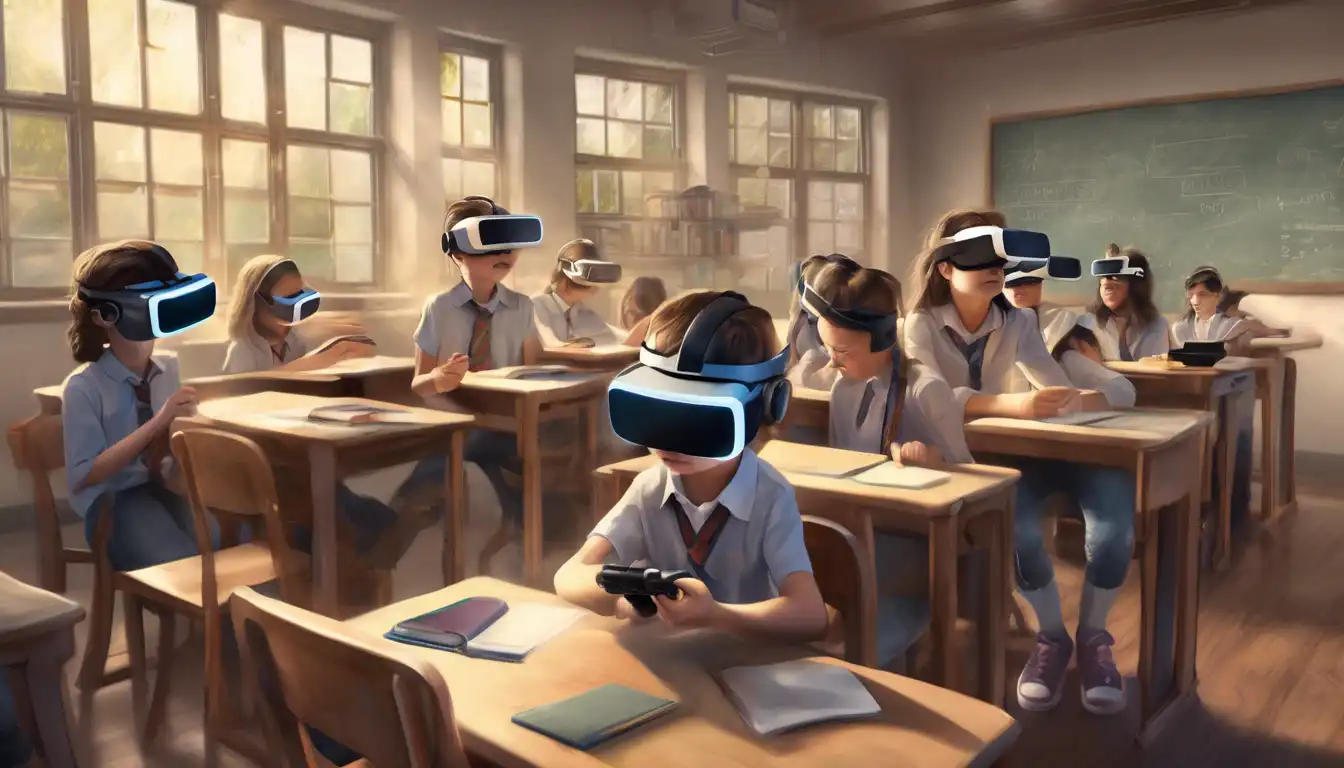The Transformative Impact of Virtual Reality in Learning Environments
Virtual Reality (VR) technology is revolutionizing the educational landscape, offering immersive learning experiences that were once unimaginable. By simulating real-world environments, VR provides students with the opportunity to explore complex concepts in a hands-on manner, enhancing understanding and retention.
Why VR in Education?
The integration of VR into education opens up new avenues for interactive learning. Unlike traditional methods, VR allows students to visualize and interact with 3D models, making abstract concepts tangible. This technology is particularly beneficial in fields such as medicine, history, and science, where practical experience is crucial.
Benefits of VR in the Classroom
- Enhanced Engagement: VR captivates students' attention, making learning more engaging and enjoyable.
- Improved Retention: Immersive experiences help in better retention of information.
- Accessible Learning: VR makes education accessible to students with physical disabilities, allowing them to experience places and activities they otherwise couldn't.
- Safe Environment: It provides a safe space for students to practice skills, such as surgical procedures for medical students, without real-world consequences.
Challenges and Considerations
Despite its potential, the adoption of VR in education faces challenges, including high costs and the need for technical support. Schools and institutions must weigh these factors against the benefits to determine the feasibility of integrating VR into their curricula.
The Future of VR in Education
As technology advances, the cost of VR equipment is expected to decrease, making it more accessible to educational institutions worldwide. The future of VR in education looks promising, with potential applications expanding beyond the classroom to include remote learning and professional training.
For more insights into innovative learning technologies, explore our EdTech Trends section.
Virtual Reality is not just a tool for entertainment but a powerful educational resource that can transform how we learn, teach, and understand the world around us. By embracing VR, educators can provide students with unparalleled learning experiences that prepare them for the future.
